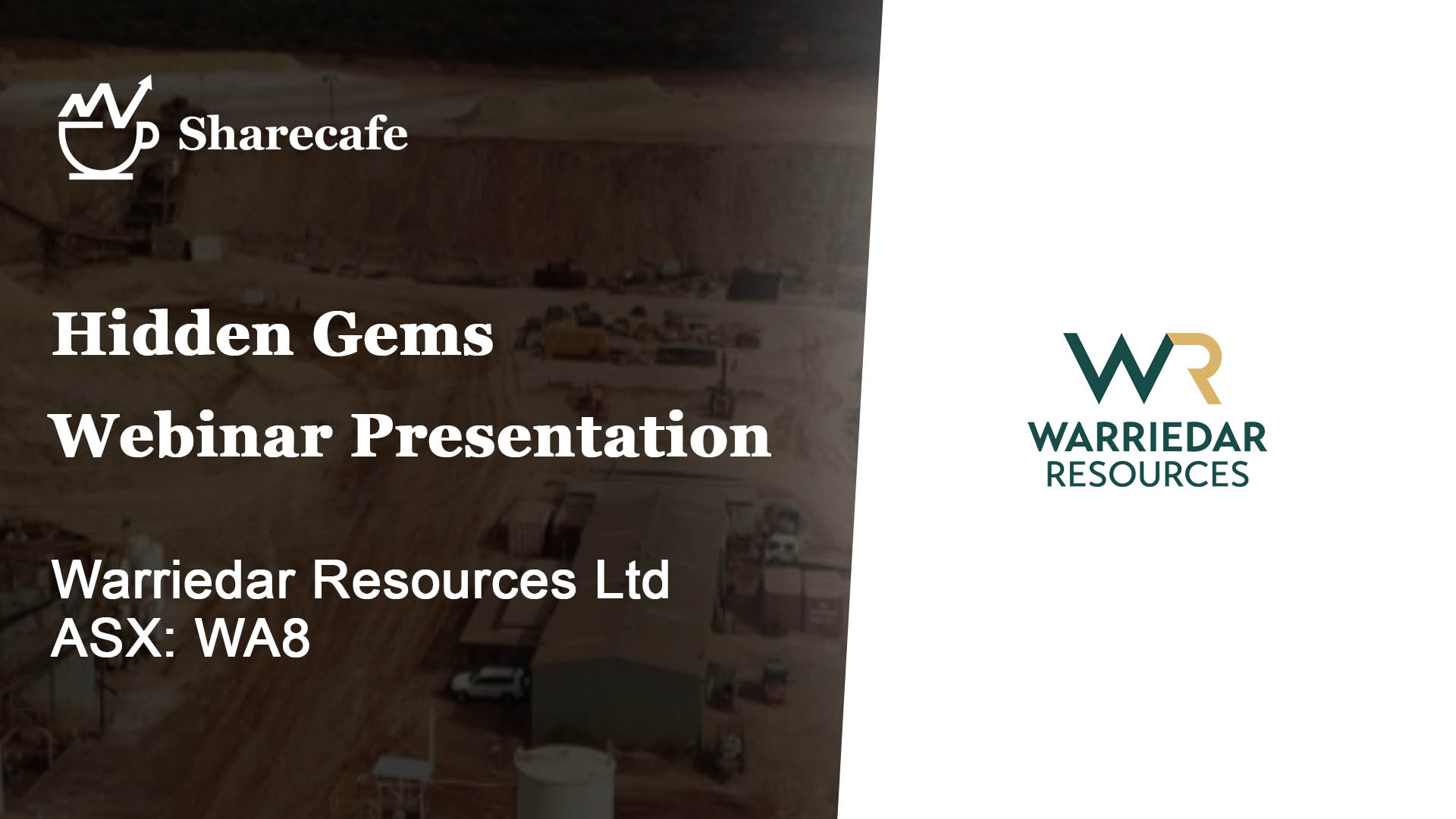Woodside Petroleum has taken the axe to its asset base, hacking billions of dollars off in impairment charges as it cuts the outlook for its key gas and oil businesses.
The update was released a day before the release today of the June quarter and half year exploration and production reports.
It was released well after the 4 pm-close of the trading session (4.25 pm), so any reaction from investors will come today.
And right at the end, there was good news for shareholders – confirmation that an interim dividend will be paid for the June 30 first half.
“Calculation of the 2020 interim dividend, to be announced on 13 August 2020, will exclude the impacts of the impairment losses and onerous contract provision on net profit after tax, the company said yesterday.
Woodside revealed $US5.76 billion ($UA8.15 billion pre-tax, $US4.32 billion post-tax, $A6.21 billion after-tax) in write-downs and charges that have left no parts of the business unscathed, with impairments on all its Western Australian oil and gas assets, liquefied natural gas (LNG) plants and exploration licences.
It’s the largest impairment in the Australian resources sector – Oil Search lopped $570 million off its asset base on Monday, but other companies such as Shell (up to $US22 billion), BP (up to $US17.5 billion) and billions more from Exxon Mobil (with more to come this month), Occidental, Chevron ($US10 billion), with more to come next week as well.
The company has also slashed the outlook for future oil and gas prices.
Woodside explained: “Approximately 80% of the oil and gas properties impairment losses are due to the significant and immediate reduction in oil and natural gas prices assumed up to 2025, impacting Woodside’s products in the prevailing economic climate.
“Additional contributors are increased longer-term demand uncertainty impacted by the COVID-19 pandemic and macroeconomic dynamics, and increased risk of higher carbon pricing.
This is apparent in the $US3.71 billion pre-tax write-downs in the gas and LNG businesses ($US2.76 billion post-tax). A further $US1.56 billion pre-tax has been cut from exploration and spending ($US1.16 billion post-tax) $US400 million in impairment on the sale value of a separate US LNG asset.
But Woodside chief executive Peter Coleman told investors in the statement the company’s balance sheet was “not materially impacted” by the revisions and insisted the fundamentals of the business remained strong, particularly the demand outlook for its core product, LNG, in Asia.
He added that the company was in a strong position to take advantage of opportunities “which will inevitably arise” during and following the unprecedented energy market uncertainty.
“We’ve taken some tough decisions over recent months in response to the COVID-19 pandemic and oversupply in our key markets, but Woodside’s focus remains on cash preservation, capital discipline, and maintaining the strength of our balance sheet,” he said.
“This will ensure we can deliver appropriate returns to shareholders and maintain our investment-grade credit rating over the long term.”
In its new price assumptions, Woodside said it expected the benchmark Brent oil prices would be as low as $US35 a barrel this year, $US44 in 2021, and increasing to $US65 by 2025.
For LNG, Woodside said it forecast LNG prices of $US3 per million British thermal units this year, $US4.4 in 2021, and $US8 in 2025.
Woodside has made clear it was interested in acquiring Chevron’s stake in the North West Shelf LNG joint venture off WA.
But these write-downs suggest that might now not happen. Chevron could have more to say with its next results.
Woodside will finalise the write-downs and release them with the interim results – which will be a huge loss – on August 13.













